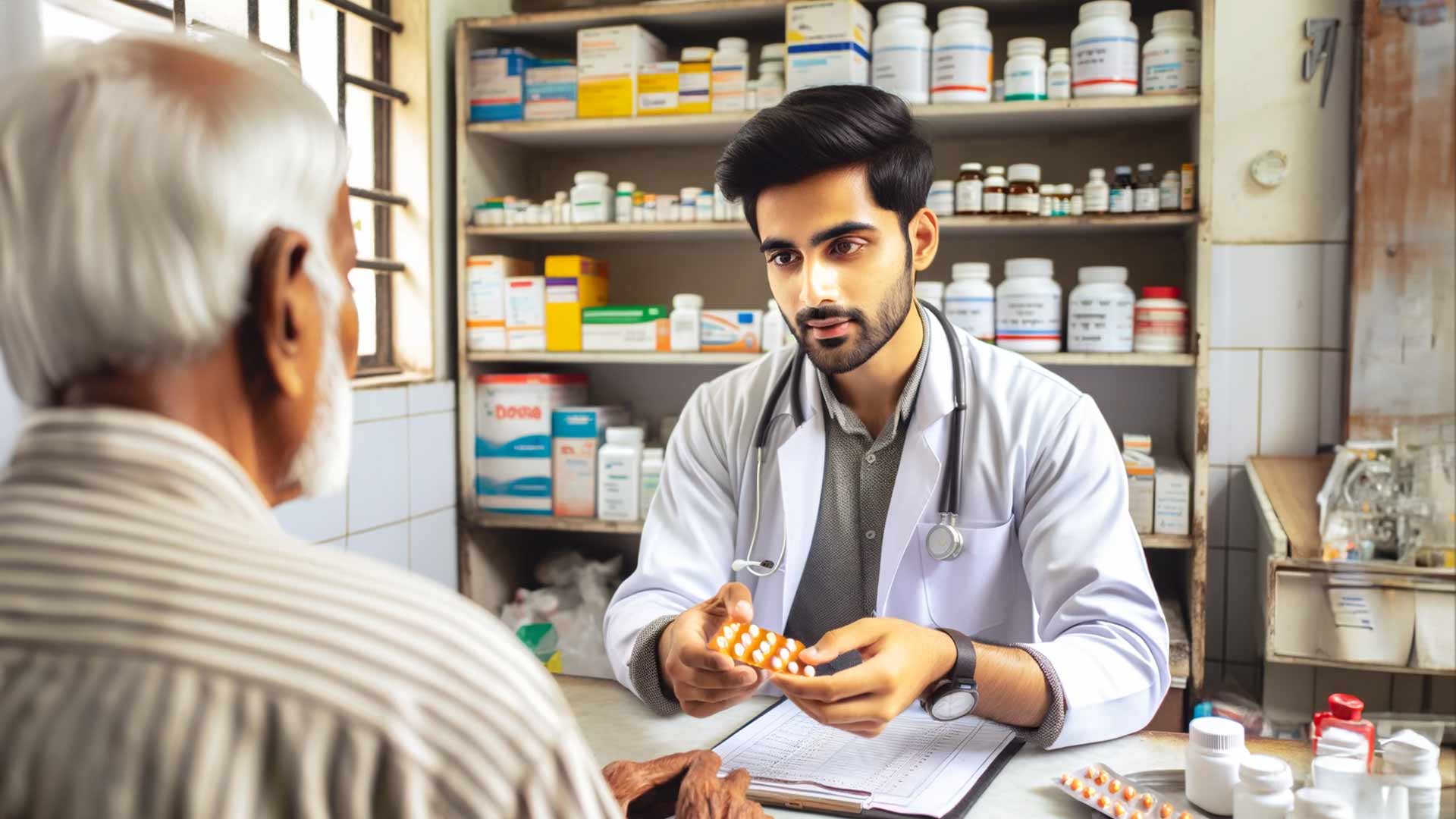
Doctors and dispensing of drugs
Doctors often face confusion when it comes to rules and regulations regarding dispensing or sale of drugs. Medicolegal expert and Lawyer Dr Gaurav Aggarwal answers the frequently asked questions related to sale of drugs by Doctors.
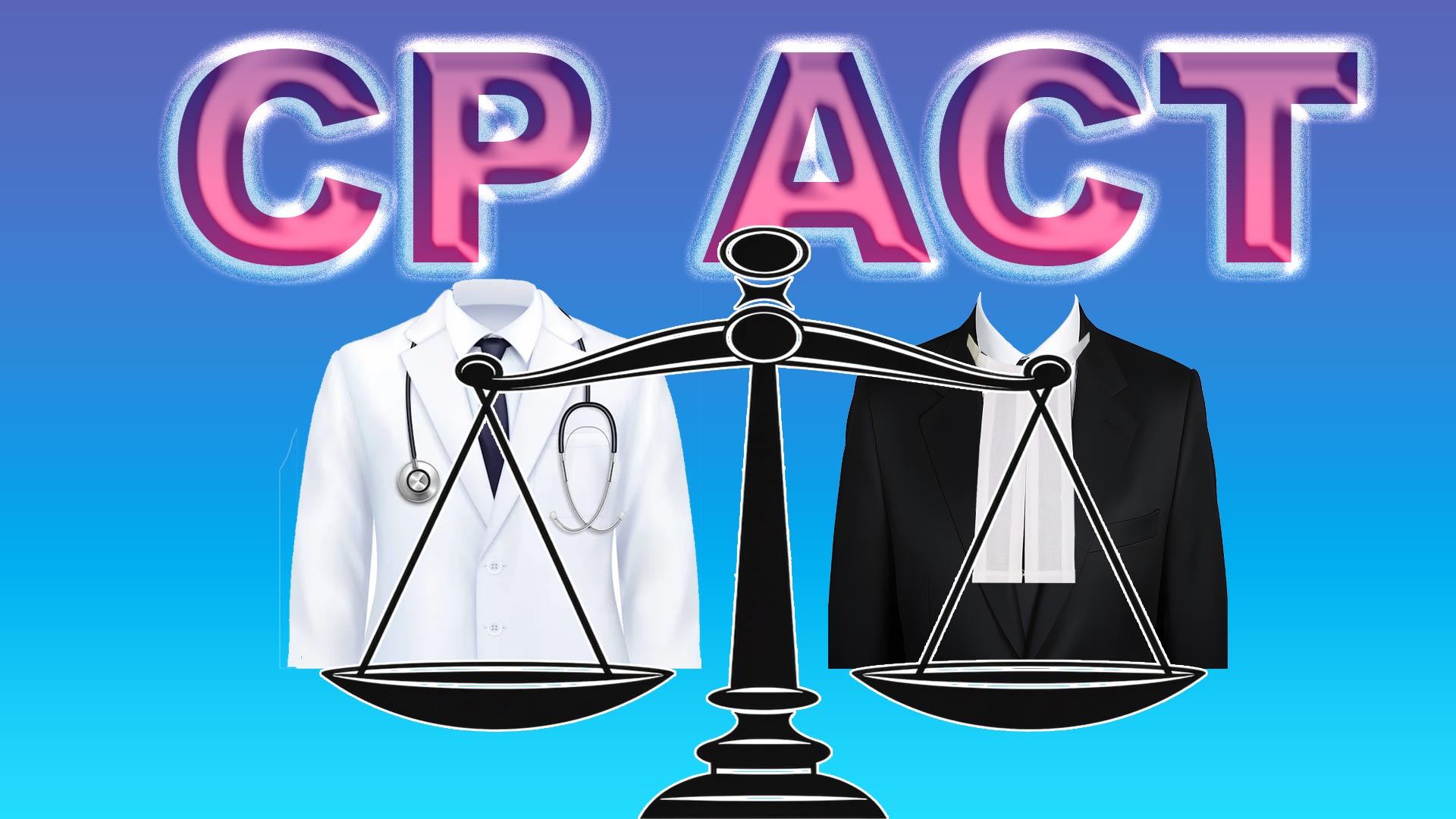
A comparative analysis of services rendered by Doctors and Advocates to their clients in relation to Consumer Protection Act
In the recent case related to inclusion/exclusion of legal services within the purview of the CP Act it was observed by the Bench that the service rendered by the Advocates practicing Legal Profession could be said to be the Service under “a contract of personal service,” so as to exclude it from the definition of “Service” contemplated under the Act. Medical community feels that when same arguments are applied to doctors as medical professional their services may also be considered under the category of "Contract of personal service"

A Comparative Analysis of Doctors and Lawyers as Professional in relation to inclusion of their services in the ambit of CP Act
There was not a whisper in the statement of objects and reasons either of the CP Act, 1986 or 2019 to include the Professions or the Services provided by the Professionals like Advocates, Doctors etc. within the purview of the Act. It is very well accepted proposition of the fact that Professionals could not be called Businessmen or Traders, nor Clients or Patients be called Consumers. It is also required to be borne in mind that the terms ‘business’ or ‘trade’ having a commercial aspect involved, could not be used interchangeably with the term ‘Profession’ which normally would involve some branch of learning or science. Profession as such would require knowledge of an advanced type in a given field of learning or science, or learning gained by a prolonged course of specialized study.Medical community feels that the broad submissions made by the learned Senior Counsels in the case related to inclusion of legal services in the ambit of Consumer Protection Act apply to doctors too. We have tried to compare submissions made by counsels of lawyers in the case with the views of medical community

The Unintended Consequences of Including Healthcare Services in Consumer Protection Laws
The inclusion of healthcare services within the ambit of consumer protection laws has ushered in unintended consequences, fundamentally altering the landscape of healthcare delivery. Here are some key reasons why this approach has proved to be counterproductive for society. The inclusion of healthcare services into consumer protection laws has yielded adverse effects, undermining access to quality care, jeopardizing the livelihoods of healthcare professionals, and diverting attention from addressing systemic inefficiencies. As we navigate the complexities of healthcare regulation, a balanced approach that prioritizes accountability while safeguarding the integrity of healthcare delivery is imperative.

Professional Indemnity for doctors & Hospitals
Professional indemnity is a necessary evil. It indemnifies the doctor / hospital from the financial loss, in case of adverse outcomes in consumer court. It is advisable to select the right insurer and an adequate sum insured. Over the years, the doctors / hospitals have been exploited by the public, advocates as well as the insurance companies. Innovative reforms are need of the day. The professional bodies need to make collective and sincere efforts in this direction, so that the medical practice continues to be the vocation of choice for the bright practitioners of the next generation re-establishing the lost glory of this noble profession.
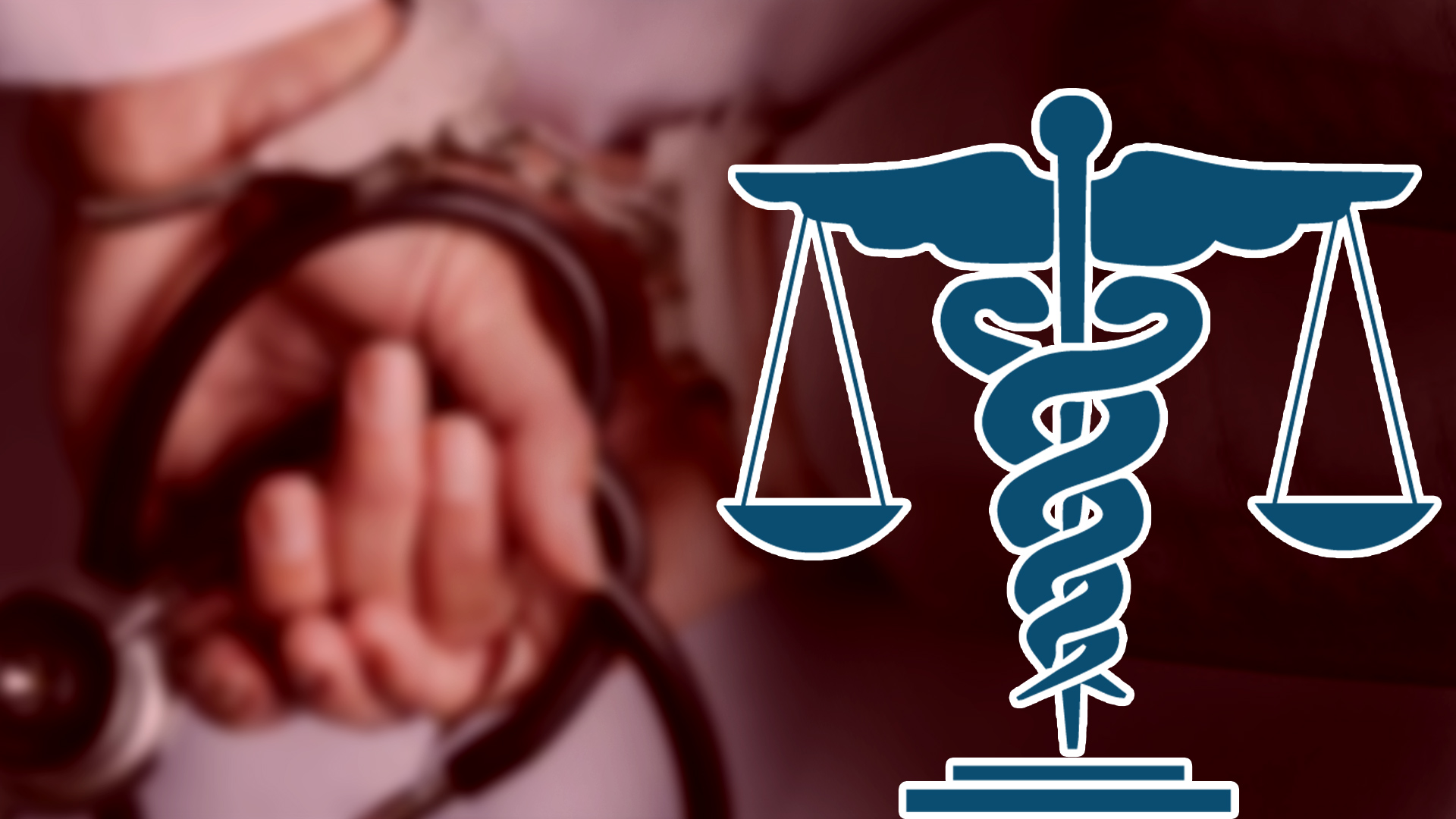
Tort Reform needed to prevent misuse of provisions of CPA Act for medical negligence
In spite of the two landmark judgments by our Supreme Court and the State of Connecticut Law, the filing of frivolous cases continues in India. The Consumer Protection Act (CPA) has enabled easy, no-cost access to consumer courts that has led to the filing of frivolous medical negligence cases for lucrative compensation. The practitioners of modern medicine appear to be soft targets. Tort Reform is needed to prevent misuse of provisions of CPA Act for medical negligence.
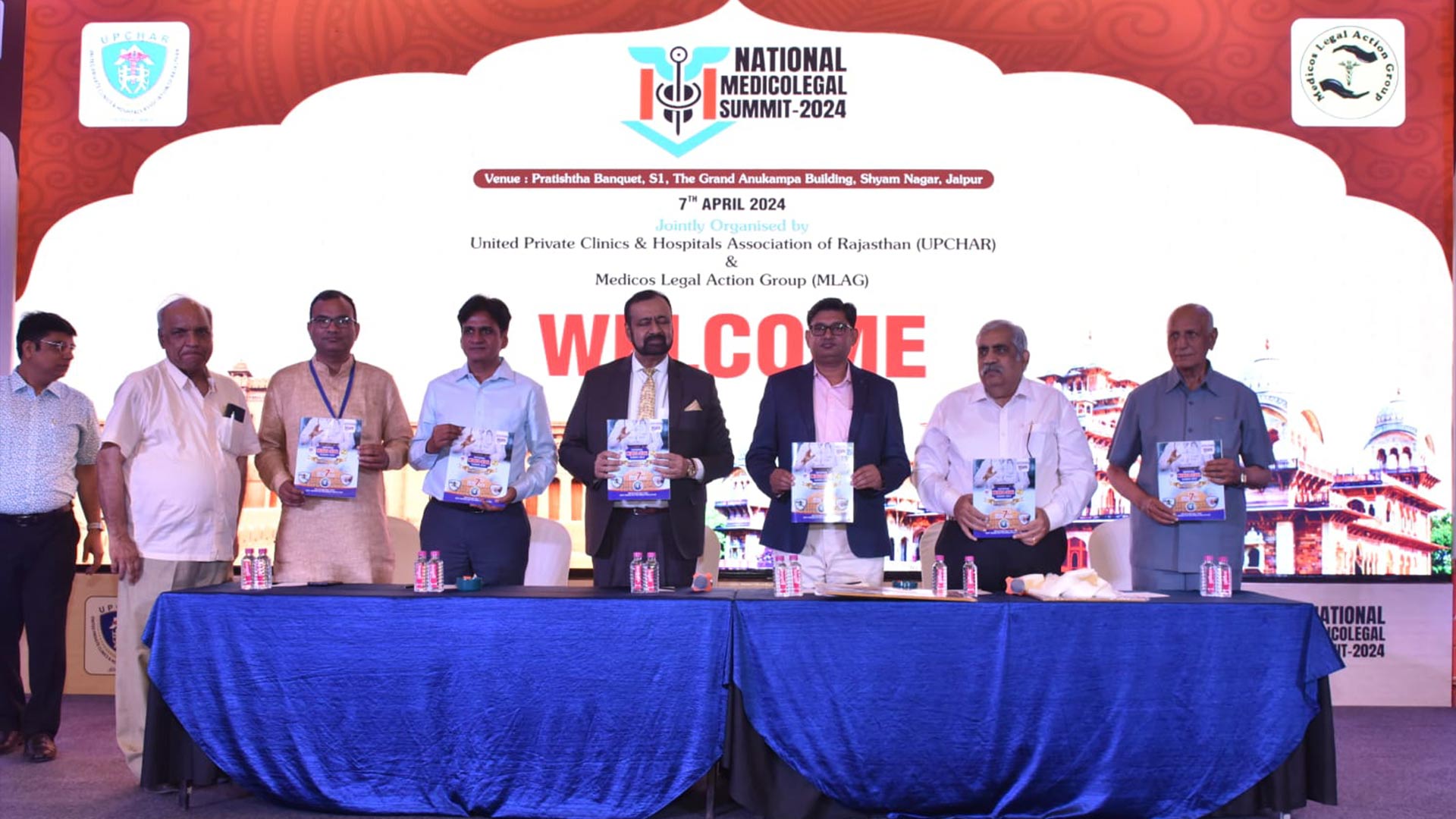
Medical Negligence: Major Takeaways from the National Medico-Legal Summit 2024
The field of medicine is vast and intricate, defying easy judicial scrutiny or non-professional regulation. A highly trained, qualified, and licensed medical practitioner requires the autonomy to deliver services aligned with their expertise. To achieve this, protection from frivolous, excessive, and harassing litigations, as well as ill-investigated judicial decisions in medical negligence cases, is essential. Unfortunately, frivolous negligence claims and misguided medical negligence judgments—often based on ill-applied legal fictions without substantial medical evidence—have eroded public trust in the medical profession. To restore this trust, it is crucial to recognize the doctrine of good faith, which relies on robust medico-judicial processes.

Staying Vigilant: The Importance of Medico-Legal Awareness for Doctors in India
The Indian healthcare landscape is undergoing a significant transformation. As medical advancements accelerate and patient expectations rise, so too does the medico-legal terrain for doctors. The unfortunate reality is a growing number of medico-legal cases against healthcare professionals. This article delves into the critical need for doctors in India to stay up-to-date on medico-legal issues and the benefits of attending conferences focused on this evolving field.

Proxy Consent - Do's and Don'ts
Taking patient’s consent is a doctor’s legal and ethical obligation. Patient consent must be voluntary and informed and can be implicit or explicit. It is a fundamental acknowledgement of patients' autonomy and freedom of choice. Consent given and taken appropriately enhances and strengthens the doctor-patient trust. It is legally obligatory in India to obtain written informed consent of the patient for every medical intervention.
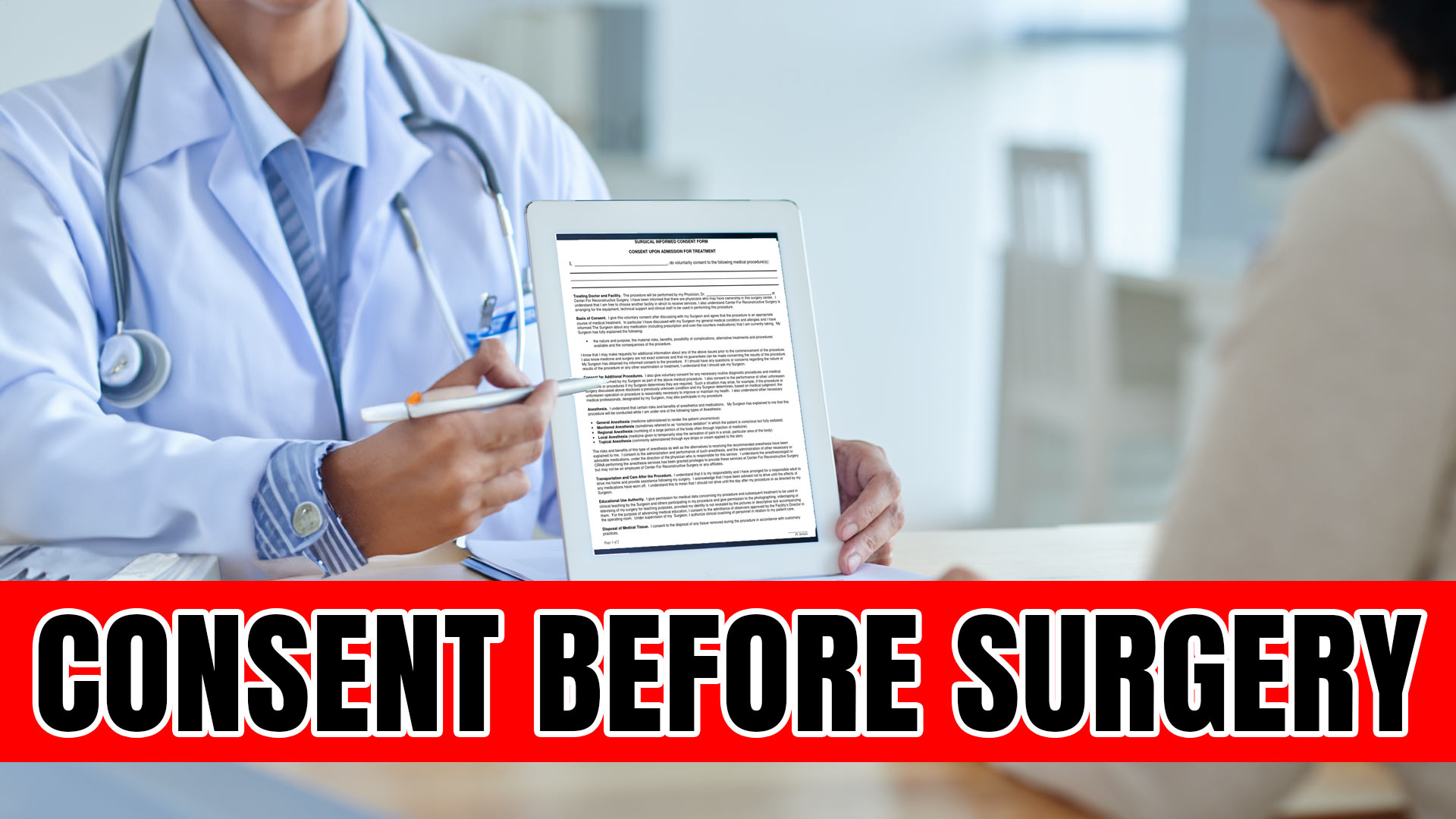
Patients Consent before any Surgery/Procedure/Intervention
Taking patient’s consent is a doctor’s legal and ethical obligation. Patient consent must be voluntary and informed and can be implicit or explicit. It is a fundamental acknowledgement of patients' autonomy and freedom of choice. Consent given and taken appropriately enhances and strengthens the doctor-patient trust. It is legally obligatory in India to obtain written informed consent of the patient for every medical intervention.




